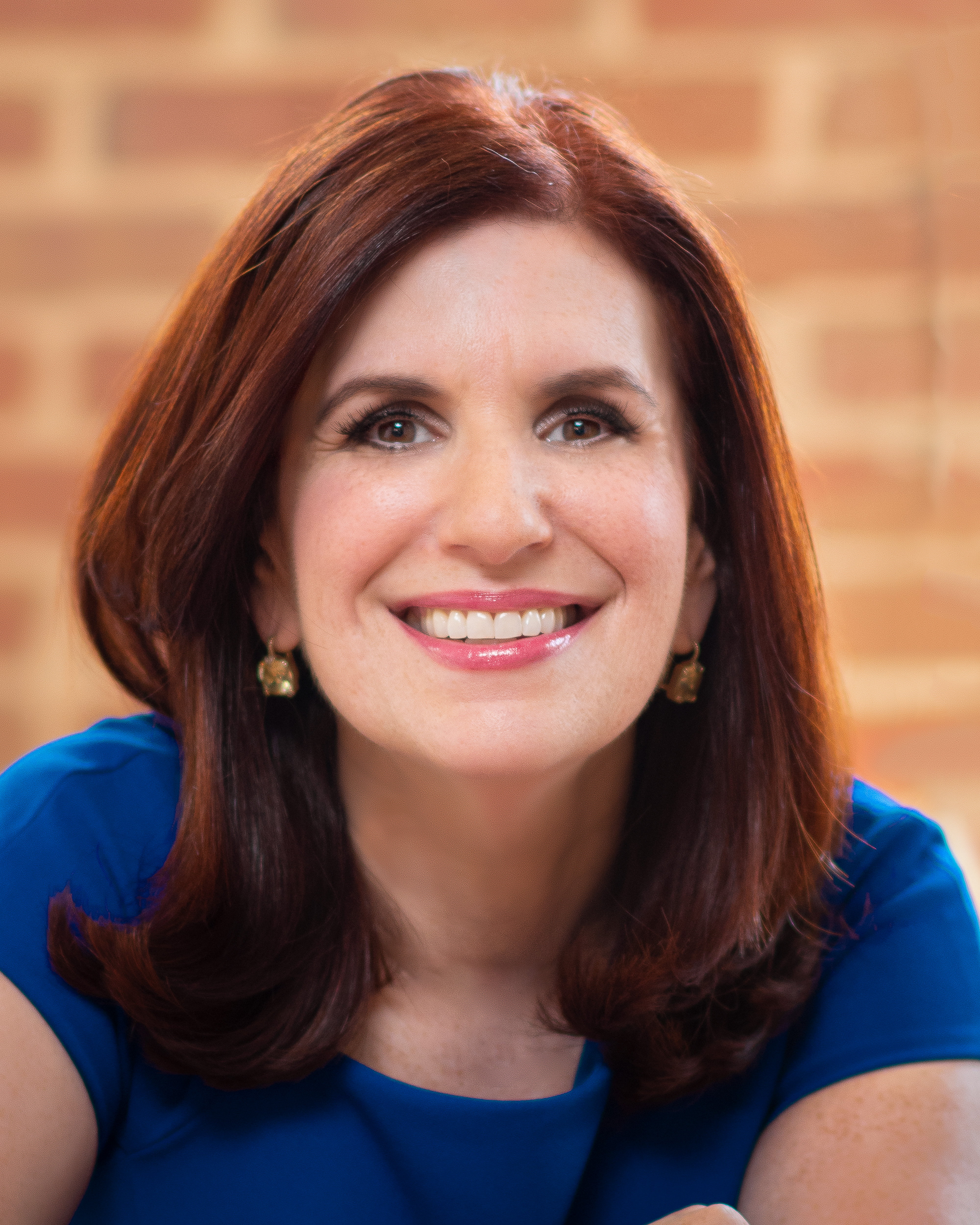Like patience, wearing sunscreen or always switching lights off before leaving a room, forgiveness is considered a virtue. However, that does not mean it comes naturally for many of us. Being wronged in some way, intentionally or not, can get you stuck in a really negative place.
No matter what damage a cheating significant other, crooked business partner or a backstabbing friend wreaks on your life though, sometimes the hardest person to forgive is yourself. Especially when you have not done anything wrong but are filled with such shame that the blame is turned inward.
“Self-forgiveness is essential for healing because it’s the antidote to the self-blame and shame that so many trauma survivors carry with them throughout their lives,” said Lisa Ferentz, LCSW-C DAPA, Clinical Social Worker, Educator, and President of The Ferentz Institute. “When they’re able to reach a place where they can let go of the ownership of their earlier traumatic experiences, really come to emotionally accept that what happened was not their fault and could not be prevented, they are set free and make this shift from shame to self-compassion.”
A Journey of Self-Forgiveness
The journey to self-forgiveness was challenging for Alyson Gondek. When her elderly mother was diagnosed with Alzheimer’s, she took on the entire burden of caring for her finances and well-being. In 2017, Gondek was shocked to learn that her mother’s financial advisor had mishandled funds. Along with her brother and sister, Gondek opened a financial investigation in hopes to recuperate some of the money taken fraudulently.
After an incredibly draining 16-month process, they settled through mediation. Some of the money was recouped, but the majority of it went to attorney fees. Then Gondek’s sister double-crossed them, threatening to sue her siblings for financial mismanagement if she did not receive a large portion of the remaining settlement. It left her mother with almost nothing. Right after the onset of the COVID-19 pandemic, Gondek had to pack and relocate to her mother to a more cost-effective memory care center where she died two months later.
That difficult, double betrayal left Gondek wracked with guilt and frustration, especially as her mother’s health continued to decline.
“I felt responsible for what happened to her, that I should have somehow caught this financial advisor and know my sister would pull the rug out from under us,” explained Gondek. “I would just literally be tearing up, every single day, unable to forgive myself for this happening to my mom. Even though she has passed, this is still absolutely heartbreaking to me.”
Gondek felt embarrassed and humiliated despite her lack of blame. She prayed frequently, visited her mother often and got spiritual guidance from the chaplains at the long-term care facility. Gondek found it cathartic to write, penning letters to her mother’s friends containing health updates. Her husband and adult daughters were incredibly supportive, reinforcing that this was not Gondek’s fault, and could have happened to anyone.
“One of my girls told me that you can’t just live like this forever. You don’t want to be this upset for the rest of your life” said Gondek, who felt that conversation was a turning point. “I saw that by being miserable and not forgiving myself, I was being selfish and hurting everyone around me. And since I did nothing wrong, then I had to move on.”
These conversations, and turning to her faith, helped a lot. By December 2019, Gondek remembers feeling mostly relief that she could move on and forgive herself. But it was not until her mother passed in April 2020 that Gondek completely released the negative feelings.
“I finally decided that I can forgive myself, and that the best thing was to put it all behind me and move forward in a positive light,” she noted. “A lot of it is trusting in divine intervention and focusing on internal, positive messaging, making sure that you feel confident knowing that you did nothing wrong. My wish for others dealing with similar situations is to forgive and move on at the pace you need. Life is too short to live in guilt.”
Feeling stuck and held back by guilt over a situation out of your control? Here are four ways to practice self-forgiveness:
Accept that you did nothing wrong. Still beating yourself up about not seeing a train wreck coming in your personal or professional life? Unless you’re the proprietor of a physic hotline, no one has a clear picture about what’s ahead. If a close friend came to you, feeling shame over a situation they did not create, what would you tell them from your perspective? Take a step back now and give yourself the same advice. If you did not deliberately engage in deceitful, hurtful practices or ignore an obviously awful situation, there is nothing to be gained by needlessly assuming the blame.
Listen to an outside perspective. Make a short list of people you deeply respect and trust. Get their take on the situation and your culpability, or lack thereof, for the situation. Take notes or better yet, record and transcribe those discussions so you can review their words when it is needed the most.
Get professional support. Turning to a therapist, coach or counselor who has been trained to help people navigate challenging circumstances can make a huge difference. With the advent of video platforms and online counseling services, this can be done even more discretely and cost-effectively than before.
Turn to faith/spirituality. Gondek’s belief in a higher power has played a critical role in her healing. Whatever faith you may have, seek out wisdom from religious leaders and counselors, publications and support groups that offer clarity and comfort. Practices like meditation, calming apps and journaling can offer great introspection and spiritual support for self-forgiveness as well.
Have you ever forgiven yourself? What helped with that process?


